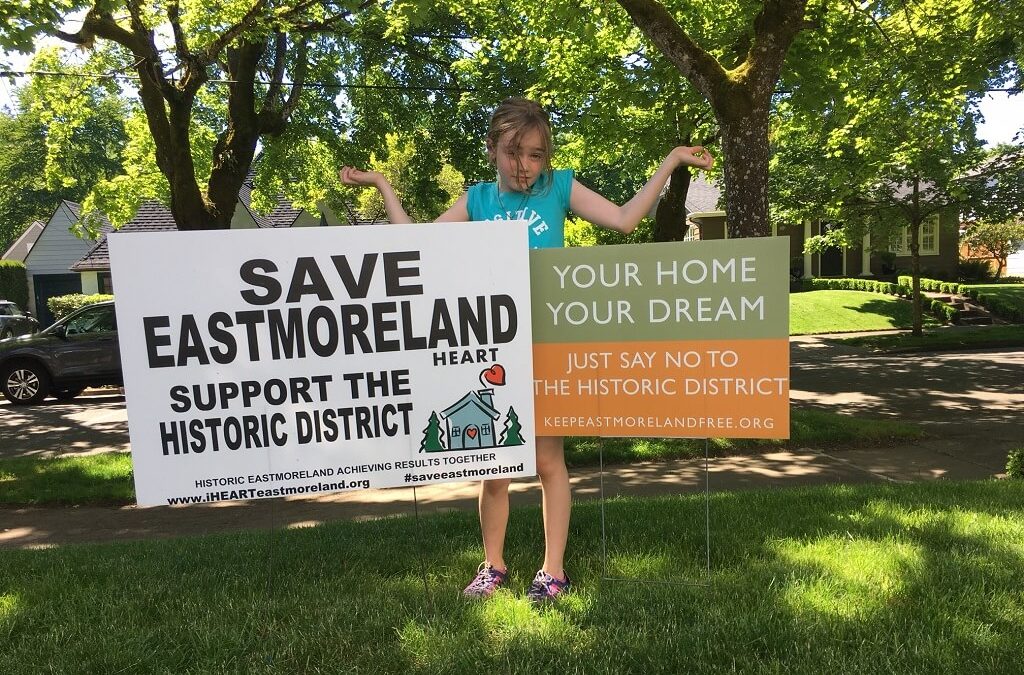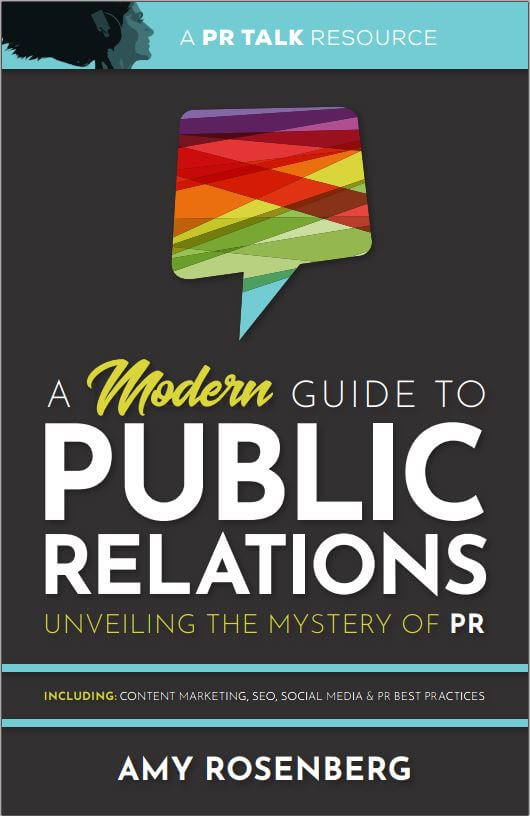Reflections on PR’s Duty, Podcasting & Making a Decision
Thank you for listening to me muddle through the discovery process regarding the proposed historic district (HD) in Eastmoreland. What could have very well been an indulgent project began as a way to find out the truth by listening to both sides of the issue. I didn’t want to staunchly remain within my own bubble of like-minded people, as we all so often do. So, I thought I’d ask some smart people some questions, that’s all. But then the idea of recording the conversations came to mind.
Recording conversations is a tool I learned from journalists. The first time this happened to me was when I was re-branding the Street of Dreams through PR. A journalist recorded our conversation with a hidden microphone. He didn’t tell me he was recording, but I should have known better. Ever since, I’ve realized that recording conversations could be the only way to capture their essence within a particular space in time. This helps me create press releases, articles or blog posts out of the important things my clients say. Of course, I always keep the recording device front and center.
But then the podcast was born — enabling emotions to be captured that simply cannot be translated through the written-word. In a world where information is hitting us from every angle, podcasts can help us download messages from the whole perspective. There’s so much more to be consumed than a 140-character tweet can give justice to. Also, people aren’t sitting down to read blogs anymore. Always in motion, our lives are too busy. With the invention of earbuds, podcasts enable us to learn as we go.
So, I thought, “Well, if I’m talking to informed and interesting people, I might as well record the conversations.” This is a larger issue than affects the HD but I’m also seeing that someone has to fill the balanced journalistic role that the media used to fill. The other day, my mother heard a Willamette Week reporter on the Lars Larson show talking about how the Laurelhurst HD was essentially a “rich” people’s problem. Well, that might be true but I didn’t know that real journalists were paid to state their opinions. Someone has to pick up the slack and present things fairly.
You’ll notice that I treated everyone the same in each episode, viewing each hour as their own sacred platform, guiding them so they are presented in the best light. That might be swaying from a journalistic integrity point-of-view, but I am a PR person. The best PR person can see the positive in every situation, business and person. Our jobs are to let that shine in the world. I hope that in some aspects I was able to do that with each of my special guests.
Now, as far as what am I going to do? I did say that we’d walk through my own decision-making process together. But over the course of these six weeks I’ve come to understand that people don’t care about what I’m going to do. Honestly, if they did, I believe we would have gotten a little more engagement with the podcasts. It is unfortunate that per NextDoor’s rules we were forced to remove the posts from the main NextDoor page — relegated to posting on only the opposition and proponent group pages where we’re definitely preaching to the choir.
So, what would I preach? Nothing. I’ve found that this is a personal decision without an answer. Or rather, positive aspects are found in both answers. Your gut instinct tells you where you’re aligned and my instinct doesn’t have anything to do with yours. But really, you ask, what are you doing? Nothing. It’s what I’d wished I’d done in the beginning. I trust that the process will unfold the way it’s supposed to. No matter how hard we try, none of us can control ultimate outcomes. Sometimes the best course of action is none.
P.S. A note from the husband, Mike Rosenberg
Just a bit of clarification on Amy’s points above. If you didn’t listen to the entire series, you may not know that Amy and I both signed letters of opposition in the early days before this podcast series was created. So, by doing nothing now, we are not actively in support of the HD. This is how I (and a lot of other people) think a process like this one should be. If you want to make a change and add regulations like an HD, the people should have to do something to support it, not the other way around.
Now, if I hadn’t opposed already, would I be getting my Objection in before the deadline? I’m not totally sure. But by not doing something, we would have been in favor of a huge change taking place in our neighborhoods. Weird. So in summary, on paper we both ended up opposed to this HD in Eastmoreland, but not by much.
What’s Next?
I appreciate the passion and effort of everyone saving our neighborhood, as both sides feel they are. But there’s bigger fish to fry. If nothing else comes out of this new podcast series, know that it has inspired us to continue with other issues. Next we’ll be examining food insecurity in Oregon.
This is the final episode in The Eastmoreland Project, the first series of StreetTalk, a podcast about Portland’s ever-changing communal landscape.









